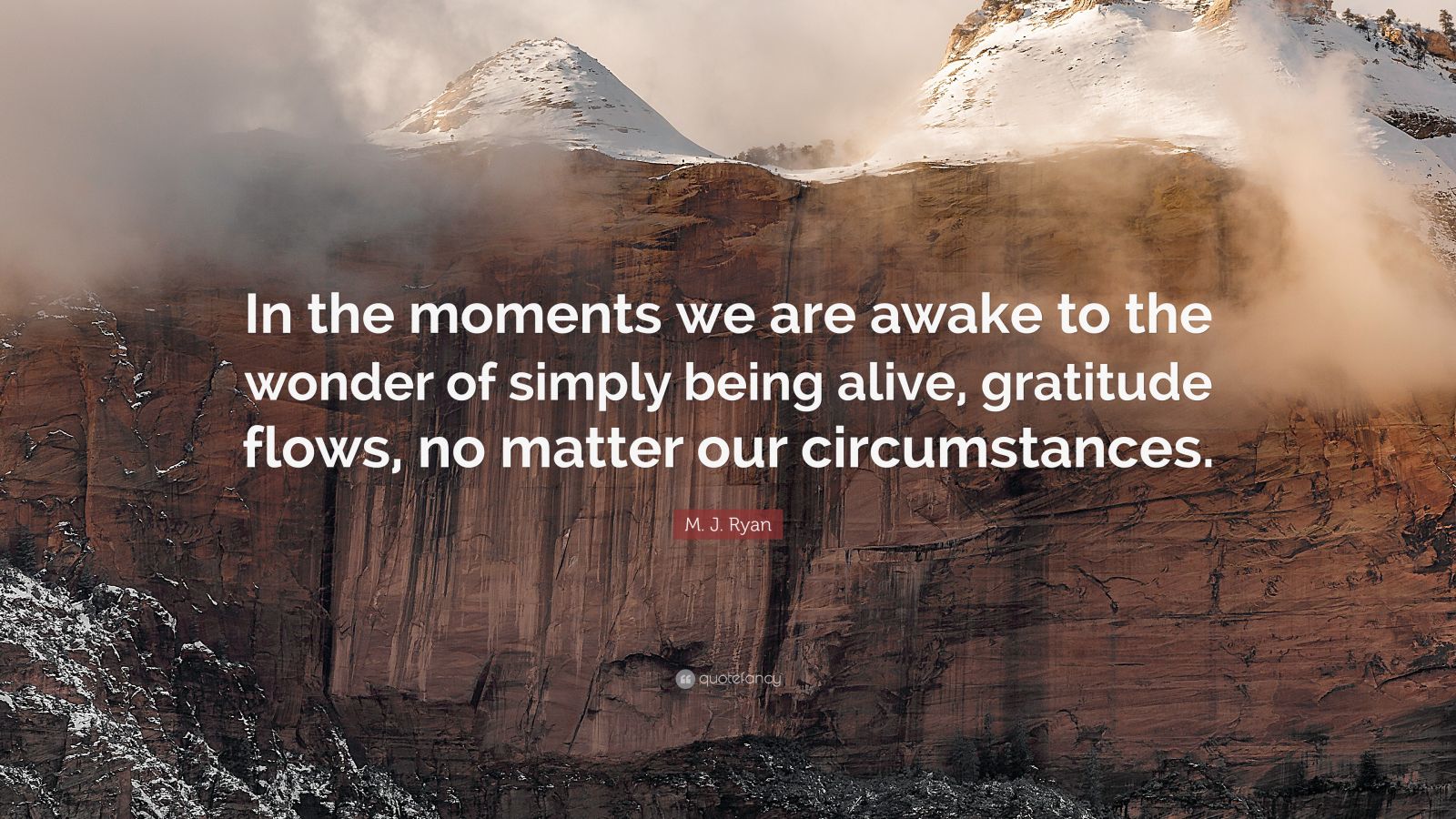


So I stopped going, but kept up a homemade practice while I navigated the far fewer options for a meditation community than exist now. For my own reasons, I couldn’t take any more severity, even in the service of sublimity. Sitting motionless for hours, hearing Kapleau’s (and Toni Packer’s) uncompromising talks, gave me a taste of concentration and an appetite for more.Īlas, my temperament was not suited to rigorous indoctrinated practice, as powerful as it could be for many. Unmoored, unattached, homesick-a classic “quarter-life crisis,” in retrospect-I went to a weekend workshop there and, over the next few months, had the kind of strong experiences that beginners sometimes do (and get attached to). As it happened (was meant to happen?), my apartment was just down the street from a meditation center, with its pioneering Roshi Philip Kapleau. Originally from Illinois, I’d gotten a job in 1978 (the year before AGA was published) at a newspaper in Rochester, New York. By the time I came across AGA, as I refer to it in my journal, I had found my way into (and out of) my first meditation experience.

The author’s first-edition copy of Stephen Levine’s book, A Gradual Awakening. But another word for meditation is simply awareness. When I learned in January of his death at 78, I was reminded how profoundly they have helped me.Īs AGA puts it in its first paragraph: Meditation is for many a foreign concept, somehow distant and foreboding, seemingly impossible to participate in. Over the years, many more words from Stephen Levine have appeared in my journal. I didn’t know it then, but these words would gradually become the answer to slugfests and sledgehammers -a different way of being in the world, a way based on identifying what was happening in my body, mind and heart, not identifying with it. We don’t get lost by becoming it, but simply see it as just another moment in the mind flow, another something which arose uninvited and will pass away in the same manner. If fear or wanting arises, it is seen within the spaciousness that surrounds it. The book was Stephen Levine’s A Gradual Awakening (all excerpts in italics):īy gently letting go of everything-not through force, not by slaying it, but simply seeing all the content as passing show, as process and flow-we become the whole of our experience and open to our natural understanding. Started out at work with a slugfest, went downhill.”Īfter more downbeat rumination, I copied the first excerpts from a book I had just started reading. Drank 4 glasses wine last night, felt today like hit with sledgehammer. On March 17, 1980, I began my journal entry this way: “Very painful day.


 0 kommentar(er)
0 kommentar(er)
